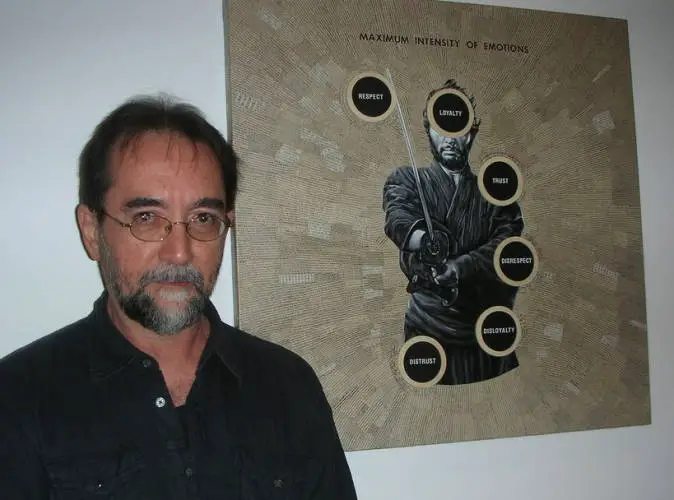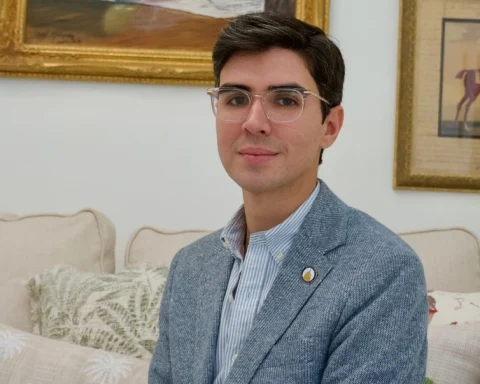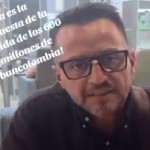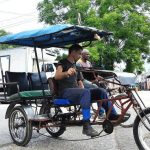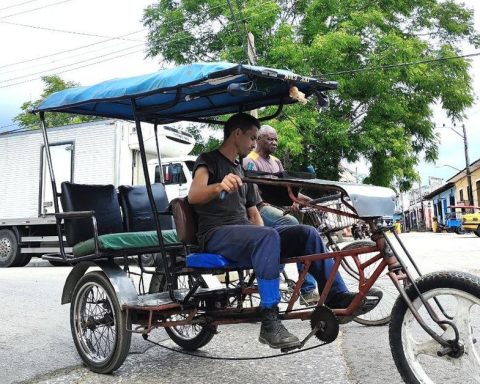Havana Cuba. — Among the plastic artists who belonged to the first graduation of the Higher Institute of Art (ISA) and promoted the so-called “Renaissance of Cuban Art”, Rubén Torres Llorca stands out for an interesting personal story, in which there was no interest in art until that the young man needed a pretext to evade the Compulsory military service.
This was recognized in an interview a couple of years ago. He also admitted to having a horrible childhood and being a lousy student with no calling.
Torres Llorca came to art after the ghost of his father, whom he never met because he had died in the Sierra Maestra at just 22 years old, fighting for Fidel Castro’s Revolution. They told him that his father had graduated from the San Alejandro Academy, and for a young man who was not very clear about his future project, that was incentive enough.
At the academy he learned crafts, a valuable trade that has been present in all his aesthetic production. The art would come later. In fact, he defines himself as an “essayist”, or an experimental creator who reflects on the art of the past and the dynamics imposed by the art market from the 1990s, when that “timeless bubble” burst in the that the generation of artists who starred in the exhibition was formed and graduated Volume I.
Like almost all his contemporaries, he left Cuba fleeing censorship. When it became evident that the Soviet Union was going to the bottom without a remedy, cultural politics tightened the jaw, putting an end to that period of détente in which the art of the eighties moved.
At the Museo Nacional de Bellas Artes, where justice is not done to the variety and excellence of contemporary Cuban art, his works I got you under my skin (1986) and this is your work (1989) stand out for their invoice and conceptual approach. The first was made for the II Havana Biennial and is highly attractive to the public in the midst of the curatorial chaos that runs through the room. The second reflects on the issue of cultural identity as a dynamic construction that starts from memory.
Rubén Torres Llorca, who became an artist almost without meaning to, today is a benchmark for that revolution within the Revolution that was the aesthetic reform of the 1980s.
The post Rubén Torres Llorca: a stroke of chance that paid off appeared first on CubaNet.
